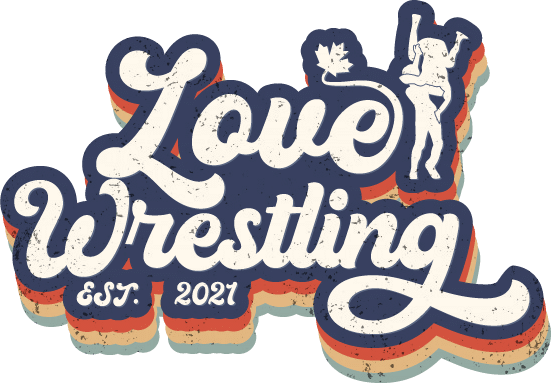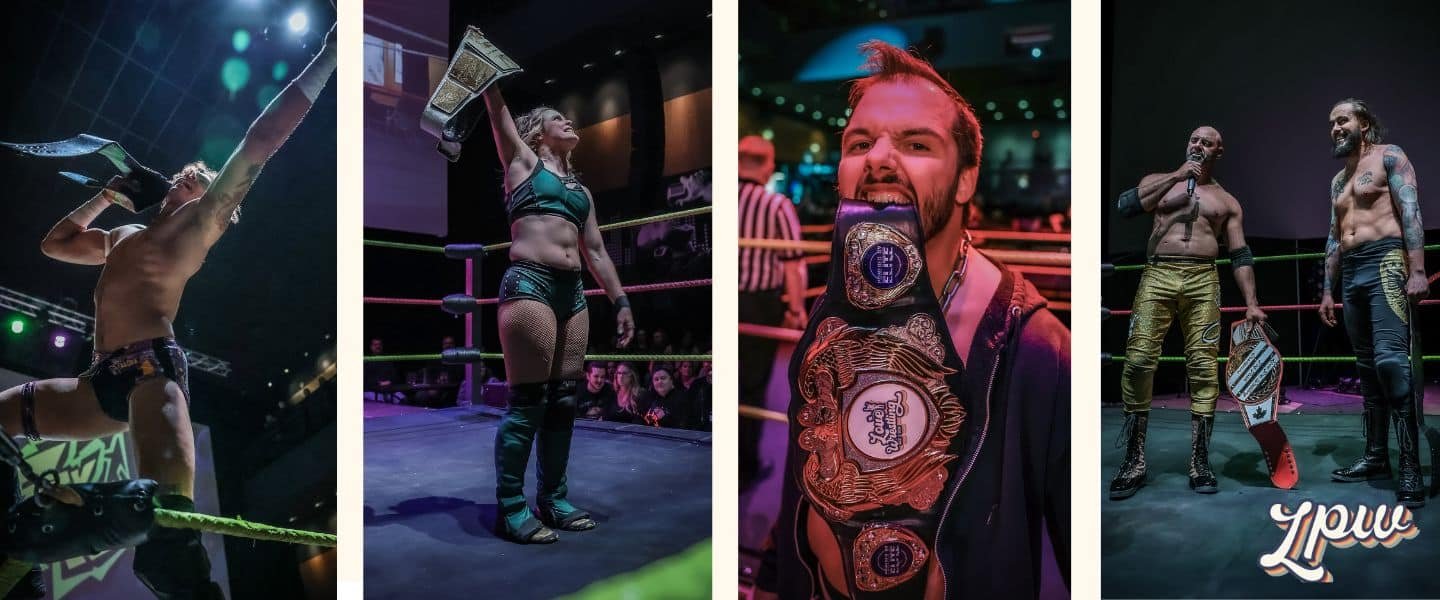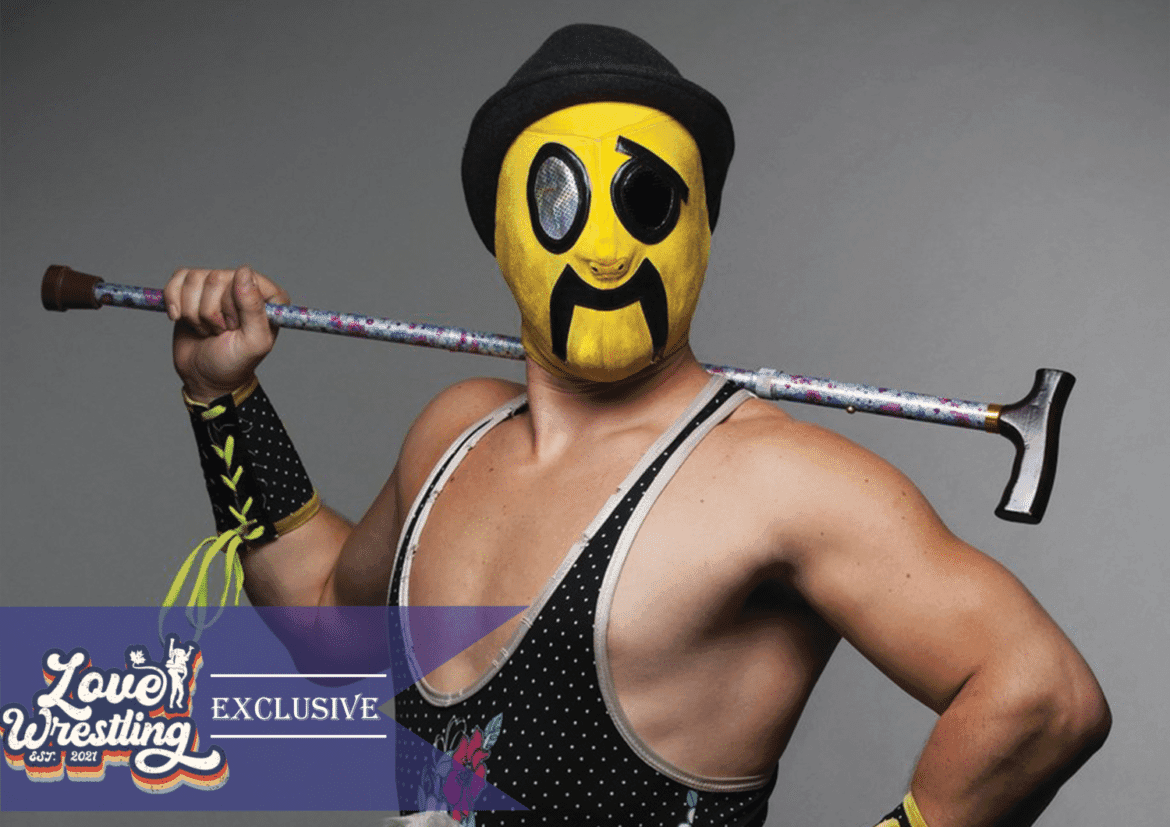Gentleman Jervis Cottonbelly is perhaps as well-known for his outspokenness on mental health issues as he is for his daring in-ring exploits. His social media account is full of positive messages and affirmations to inspire his fans to be open in addressing their mental health situations and is a firm advocate for mental health awareness.
In a recent interview, Jervis described his steps towards maintaining his own mental health in the pro wrestling environment, as well as some of the individuals he considers positive influences in the industry. He also discussed the changing culture of pro wrestling and his impact on it.
“I think the first step for me is to surround myself with honest people and good people who will help me stay accountable,” Jervis begins, “because a lot of the time you’re not just, you know, they say character’s how you behave when no one’s watching. A lot of the time, what inspires my character is my standing within my community.”
“Now, the professional wrestling community, it’s physical and digital,” he continues. “You know, we gather together for shows, but we also gather together on social media platforms like Reddit and Twitter. We listen to podcasts like this one here, which is so special, and we have this community and at times in my career, I have been less than – I’ve behaved in less than an exemplary fashion.
What I’ve learned is that – do my actions help the community or do they hurt them? That’s a question I have to take with me everywhere I go.
And putting that in my brain of ‘does this help our wrestling community, or does it harm our wrestling community?’ That’s helped me to show better character, you know, when no one’s watching, or in, for me, I mean, I take different counseling courses and especially now that we’re pretty much quarantined still, you know, I watched and read a lot of self-help books and things to learn about the – I have two mental disorders that kind of compound one another and I try to learn as much as I can about them because often they get the best of me and I’m not the exemplary person, I’m not a leader by example, which is what I want to be. And when I’m at my healthiest, I do believe I’m a good leader and I believe I lead by a positive example.”
Jervis gave a few examples of individuals that he feels are strong ambassadors for a positive culture in professional wrestling.
“So, what I’m trying to do now is continue to preach that message of positivity. Even if I can’t be the leader, well, then someone like Danhausen or Warhorse, they take that flag of positivity, they give it a different voice, and their own unique interpretation of community, and friendship amongst the wrestling community. They take that flag and they run with it when I can’t. And, you know, for a moment I felt like Orange Cassidy and Chuck Taylor, they said, ‘hey, Jervey, here, take this flag a bit, and I got to wave it for a while and say, ‘hey, look at how much fun we’re having!
‘ And, you know, it’s like you pass it around. A lot of times, the best times is when we all wave the flag at the same time. But as somebody who, again, it takes work to be to stay positive, I can’t say that I’m always flying the flag of positivity. But I can say that I always want to and that I’m trying my best.”
Cottonbelly agreed with the need for more positive ambassadors in professional wrestling, but explained that a change in culture is more in how wrestlers and fans directly interact.
“Well, I think more is – I think, yes, partly it’s the need for more of those, but I think more than the positivity, it’s about opening your heart and your mind. There used to be more of a one direction, one-way mind as it pertained to the audience of a professional wrestling show. There was performers here, audience there, money goes this way, energy and performance goes that way. That’s the exchange. Now, it’s much more intricate. I, personally, I don’t even ever tell people that I have fans. I don’t call them fans. Sometimes I say supporters and well-wishers. Most of the time I say friends. Now we’re not all best friends and we’re not all close friends. But, we’re more than acquaintances because we share pain and heartache and excitement and anger. You know, everything that we feel when we’re at a wrestling show together, we feel collectively. We feel that together. So, sharing those emotions, again, being a part of the community, me opening my ears and listening not just to the other wrestlers and promoters, but listening to the audience and what they want and what they connect with. That, to me is just – that’s important. That’s how we make small, little, you know, incremental change that’s sustainable.”
Please credit Spencer Love/Love Wrestling with any transcriptions.


